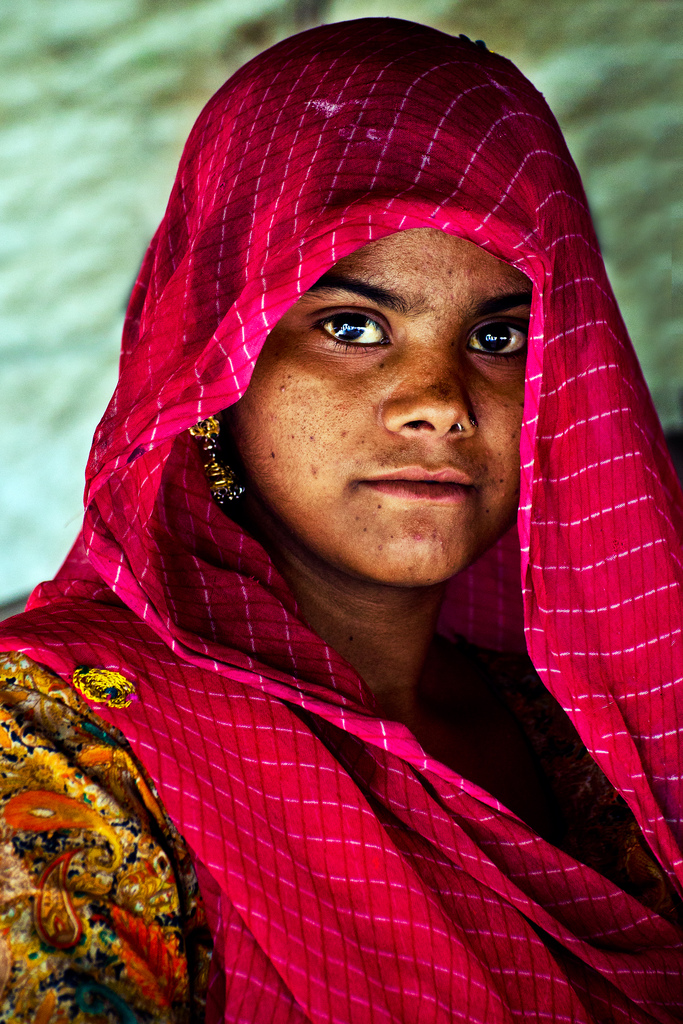Caste and Corruption: The Reason Behind Rapes in India

Background
Rape in India is a social construct propagated by the misinterpretation of cultural principles and ideals that are entrenched in Indian society. Although these cultural principles are gradually moving towards the background of Indian society, their implications are still quite discernible, rape being one of the most noticeable effects associated with the misinterpretation of these cultural ideals. However, one must question why rape is becoming one of the more prominent crimes occurring in India; after all, the majority of society is conclusive about rape being a heinous crime that must be prevented at all costs. The answer lies in the inability of the Indian judicial system and police force to deliver justice to the perpetrators. Appallingly, rape cases in India have grown exponentially: the National Crime Record Bureau statistics show crimes against women increased by 7.1 percent in India since 2010.
The Caste System and Discrimination
The cultural principles mentioned above play a significant role in how rape cases are treated and investigated. The two most influential principles that dictate how rape cases are handled are the caste system and discrimination against women. Recently, there was outrage over police inaction in a village in the Indian state of Uttar Pradesh where two teenage girls were gang-raped and hanged from a tree. Upon further investigation, it was found that the police discriminated against the victims because the victims were from a low caste. The families of the victims explained that when they went to the police station to inform them of the crime, the first thing that the police asked them was “what is your caste”.
Often, individuals from a lower caste are not perceived to be equal and thus are not offered an equal opportunity under the law. Officials and police feel like there is no need to expend resources investigating and protecting victims from a lower caste because they are not perceived as being a worthy addition to society. Lower caste individuals are exploited against and police view them as fools, which causes them to often deceive the lower caste person. Shockingly, police inaction has led to no arrests in the case mentioned above and the perpetrators continue to roam free. In fact, rape cases are now affecting lower caste individuals more because of the police inaction associated with these people.
If the lower caste individual happens to be a female, then the problem is exacerbated. Too many times, the rapist claims to be the female’s husband, which often exempts them of their crime. In Indian culture, when a couple is married, the wife cannot claim to be raped; any sexual act committed between the couple is considered to be a legal act. If the wife does claim to be raped, she must formally file a divorce. However, filing a divorce often makes the wife a social outcast and she is excluded from society and is observed as a disgrace. Therefore, a women is discouraged from filing a divorce, and thus she subjects herself to abuse and assault. Consequently, many rapists escape being convicted by exploiting this cultural principle.
Corruption
Because the police are so ineffective, many assume that the courts must be able to deliver justice. However, this is not true. One major factor that hinders courts from delivering the verdict on a rape case is corruption. In the past two years, many rape cases remain unresolved and the outcomes remain uncertain. How can this be? Shouldn’t it be very easy to deliver a verdict on such a crime that can be easily traced to a perpetrator? Well, such naive assumptions often circumvent the complexity of Indian politics. Even in the judicial system, the judges and the prosecutors are greedy for money and corruption seems to be present at all levels in the Indian government. Consequently, judges and prosecutors are easily susceptible to bribes. Many perpetrators take advantage of this clear fact and are able to escape their path to prison by offering bribes to the judges and thus are not convicted of their crimes.
Conclusion
Due to police inaction in numerous cases and the inability of the court to convict the perpetrators, there is nothing that is now stopping rapists from committing such horrifying acts. Rapists see no consequences associated with committing rape and thus are not dissuaded to violate and forever scar innocent people. Without the implementation of new hard line policies that completely eradicate cultural principles like the caste system and crackdown on corruption, there seems to be no likely end to rape in India.
[Image Attribute: Rakesh JV via Compfight cc]



